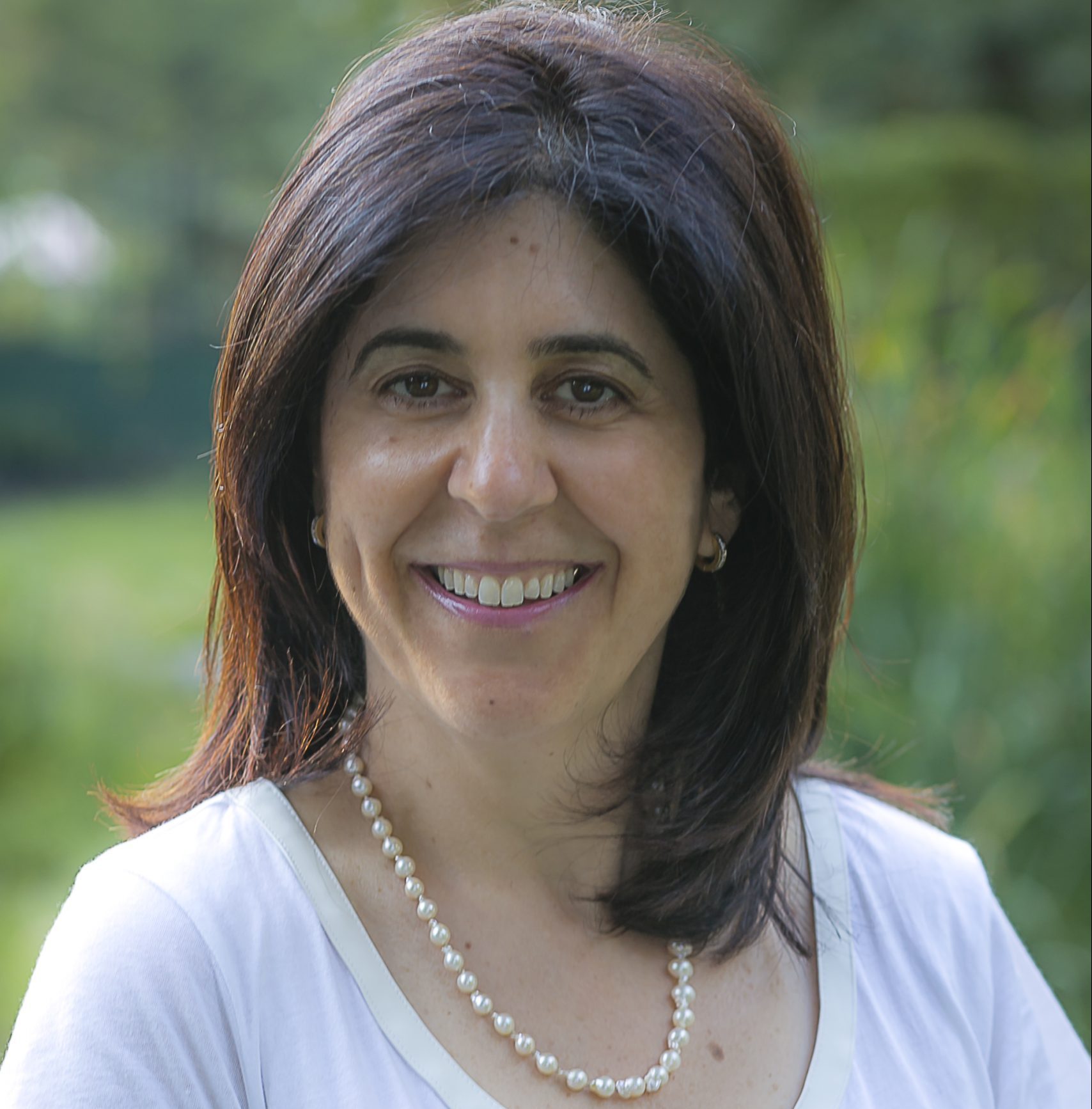First Impressions with Attachment Theory Expert Dr. Miriam Steele

Dr. Miriam Steele is a professor of Clinical Psychology at the New School for Social Research whose research focuses on attachment theory and parent-child relationships. We were lucky enough to sit down with Dr. Steele for a discussion about what it takes for parents to develop meaningful relationships with their kids, how COVID-19 has impacted our youth, and how we can bring out the best in our children through the arts and classical music. Here is an excerpt of our discussion:
Where and how did you first discover the field in which your career is now based on?
Both my husband and I do this work together, and, importantly, we spent time in Jerusalem at the Hebrew University of Jerusalem. We decided to spend a year there—exploring the country and the city—and we met some professors at the Center for Psychoanalysis in London. So we took a couple classes with them and became enamored with parent-child psychoanalytic thinking. I don’t remember if we afforded a visit to the Israel Philharmonic while we were there, but we used to go the Behar Center to hear classical music. It was one of the more formative experiences of our lives.
We ended up being introduced to one of the founders of attachment theory, John Bowlby, who helped supervise our research. That’s where we found this amazing 75% concordance—or relationship—in the way each parent answered questions about their own upbringing and the way their child behaved with them. We were able to show that this was really about the child’s relationship and not about their temperament. There is this really powerful place of how an adult thinks about their own experiences that lays the groundwork with their own children.
In the span from birth to 12 months, are the foundations already solidified?
They are already very strong by the time they reach 12 months. They have already built these expectations, knowing that they will do X when I behave like Y. Early experiences tell us how that child may be in later periods of their lives. Bowlby taught that at no time in life is someone impermeable to adversity or positive changes. Just because you had bad luck earlier on, change is always possible. Even kids who were 7 years old who were put in 42 different foster homes… put with the right adoptive parents, they adapted well.
Now, as our world is grappling with COVID-19, have you seen any evidence that children are moving away from secure attachments?
There are actually a few researchers who are seizing this once in a hundred years moment to answer some of these questions. One of the things they’re talking about is these increased levels of depression and anxiety. But I think it is also important to recognize that kids are resilient, and that resilience can come from that parent-child relationship. It is really the greatest mechanism we have to support our children.
We have been thinking about how our phone and social media usage is influencing our children. Have you found any correlation between this and how our children are coping?
It’s a good question. I think we’re looking for what the quality of the relationship is in those spheres. I think we still have a lot to learn about the social relating… just because it is virtual doesn’t mean it’s not real. Knowing that the parent-child relationship plays such an important role, that it can temper the negative impact from social media. I think having parents around is one of the most important things we can do in this tumultuous time. I’d encourage parents to lay off the guilt in these extreme situations and just do the best they can.
Have you seen anything innovative or inspiring that parents are doing now to help the relationships with their children?
Those who are fortunate enough to find some way to have their kids interact with other kids in a safe way are definitely seeing some benefits. While our children are missing out on so much right now, what they are getting is much more tine with us, which is really what they crave and need. We often tell new mothers in the nursing ward, “the best gift you can give your child is your face.”
We’ve all seen the studies that show that music—specifically classical music—can help calm anxiety and even helps with emotional development… have you discovered anything about how participating in the arts impacts a child?
This is all an exciting place to go—especially if you are practicing the arts with your child. Using every opportunity available to share or enjoy something artistic with your child facilitates attachment. There are studies that find that classical music helps executive function, which is that bit of your brain that helps your brain with working memory and inhibition—Music is all about stopping and starting and the space between the notes. It’s about flexibility. So having the children listen to, or even produce music for themselves, it’s all about putting yourselves in the shoes of your audience. Being asked to put that experience into words really promotes mental health.
I know that the Israel Philharmonic does a lot of work teaching children, and that is such a huge piece and such an important message to get out. This is what this Orchestra does—it helps develop the next generation.
What’s your greatest hope for our world right now?
Being at a university, I hang around a lot of young people. I am so optimistic about how energized they are about trying to answer the big questions. I do have faith that we will get there.
Read more about our amazing community members!
COEXISTENCE THROUGH MUSIC
Each year, the KeyNote program reaches more than 22,500 children in Israel.
Read More

